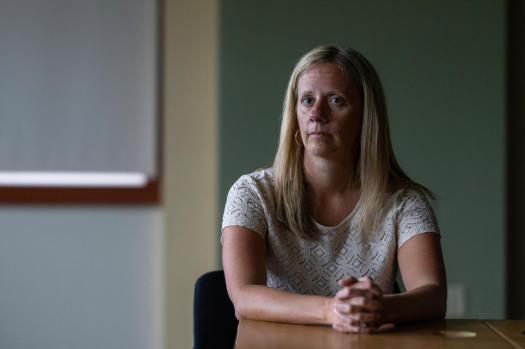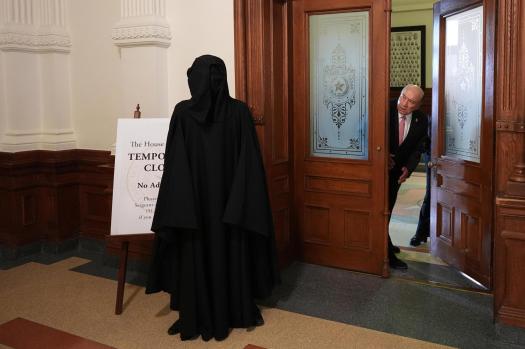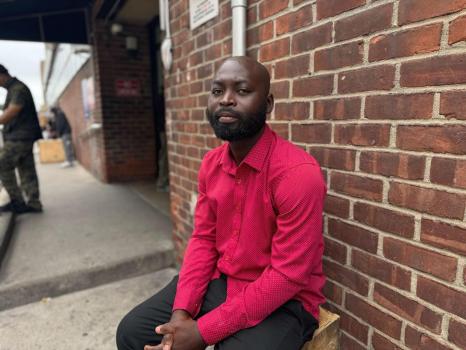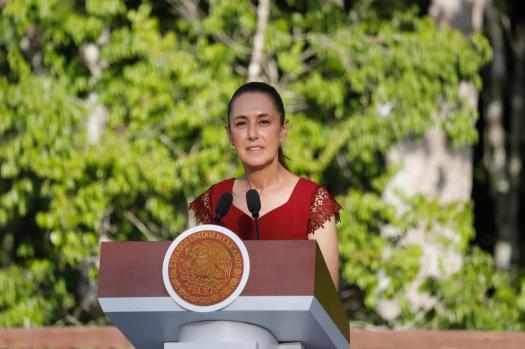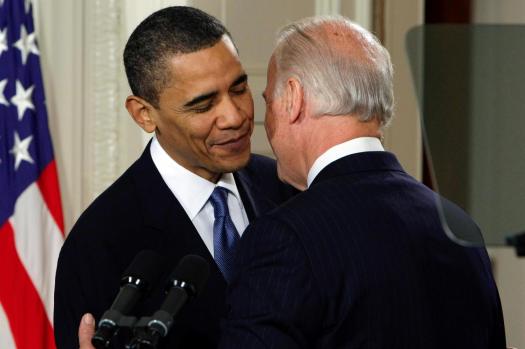Written by AP Education Writer Annie MA
Washington (AP) There are more than 1,100 pupils in certain rural upstate New York schools for every mental health professional. The few school counselors are frequently the only mental health specialists available to pupils in remote areas with little public transit.
In the Finger Lakes region, Hennessey Lustica has been in charge of grant-funded initiatives to hire and train more school psychologists, counselors, and social workers. However, those initiatives may soon come to an end as a result of the Trump administration’s decision to revoke school mental health grants nationwide.
According to Lustica, project director of the Wellness Workforce Collaborative in the Seneca Falls Central School District, cutting this funding will simply ruin children. The workforce we are creating will affect over 20,000 children in my 21 school districts alone, who will not receive the necessary mental health treatment.
Following the school shooting in Uvalde, Texas, in 2022, President Joe Biden signed a comprehensive gun violence law that included $1 billion in subsidies for school-based mental health services. The subsidies were intended to assist schools, particularly those in rural regions, in hiring more counselors, psychologists, and other mental health professionals.
Applicants who demonstrated how they will increase the number of providers from diverse backgrounds or from communities directly served by the school district were given preference by the department under the Biden administration. However, elements of the award programs that touched on race were criticized by President Donald Trump’s administration, which said they were detrimental to students.
According to Education Department spokesperson Madi Biedermann, “We owe it to American families to make sure that taxpayer dollars are supporting evidence-based practices that are truly focused on improving students’ mental health.”
In April, Lustica received a two-page letter from the Education Department informing her that her work had been deemed to violate civil rights laws, thereby canceling her grant. It didn’t say how.
Lustica intends to challenge the ruling. She disagreed with the letter’s description of her profession, stating that she and her coworkers follow an ethical code that respects each person’s uniqueness regardless of their gender, ethnicity, or identity.
According to Lustica, the rhetoric is simply untrue. There is no other way for me to put it. I believe that if you look at these programs and the influence they have on our rural school districts, as well as the stories that children will tell you about the mental health professionals in their schools, you will see that they have benefited from them.
Programs in districts all throughout the nation were aided by the grants. The West Contra Costa Unified School District in California is going to lose around $4 million in funding. Birmingham City Schools in Alabama was informed that the remaining $15 million of a grant that it was utilizing to hire, train, and retain mental health workers would not be awarded.
The Department of Public Instruction in Wisconsin will forfeit $8 million that was allotted for the upcoming four years. The funds were utilized by the state to increase retention and broaden initiatives to inspire high school students to choose jobs in school-based mental health.
State Superintendent Jill Underly said in a statement that this decision is unjustifiable at a time when communities are desperately seeking assistance to address mental health problems.
Democrats questioned Education Secretary Linda McMahon about the grants’ expiration and the effects on students during recent hearings in the House and Senate. McMahon informed them that the awards would be rebid and reissued, emphasizing the importance of mental health.
In a statement, Randi Weingarten, president of the American Federation of Teachers, stated, “Anyone who works or spends time with children knows these grants were funding desperately needed access to mental health care services.” Millions of youngsters are put at risk by the heartless and careless decision to stop the money now.
In many rural educational districts, the mental health of young people is severely strained.
According to Lustica, half of the pupils in one upstate New York district have had to relocate within the past five years as a result of financial difficulties, which can lead to instability and have an impact on their mental health. Nearly half of sixth- through twelveth-grade kids in one county who participated in the poll said they felt sad or melancholy most of the time, and one in three said they didn’t have a clear purpose or meaning in life.
According to Lustica, “we have a lot of trauma, a lot of anxiety, a lot of depression, and not enough providers.” Children receive many of the services they require at school.
Related Articles
-
Tough job market greeting grads
-
Majority of US adults support religious chaplains in public schools, a new poll shows
-
Massachusetts education board bars locked, forced time-out rooms in schools
-
How ChatGPT and other AI tools are changing the teaching profession
-
Opponents of vocational school lottery admissions talk path forward
According to Danielle Legg, a graduate student who completed a school social work internship funded by the grant program, some families in the area cannot afford private counseling or have transportation issues that prevent them from getting their kids to appointments.
According to Legg, their only opportunity to receive mental health care is while they are enrolled in school and a provider is available to visit them.
According to Lustica, 85% of the 176 students who finished the mental health training program she administers in the last three years were hired in sectors with a shortage.
According to Susan McGowan, a school social worker who oversaw graduate students in the Geneva City School District, the program that provided training to graduate students in schools assisted in meeting staffing demands and encouraged many to seek jobs in educational settings.
Regarding the grant cancellation, McGowan stated, “It just feels, to me, really catastrophic.” Since these jobs are hard to fill, you’re really increasing your staffing capacity and helping instructors when you find graduate students who are eager to collaborate with other professionals in their building.
Several private foundations provide funding for the Associated Press’s educational coverage. All content is the exclusive responsibility of AP. Visit AP.org to view the guidelines for AP when working with philanthropies, as well as a list of funded coverage areas and supporters.
